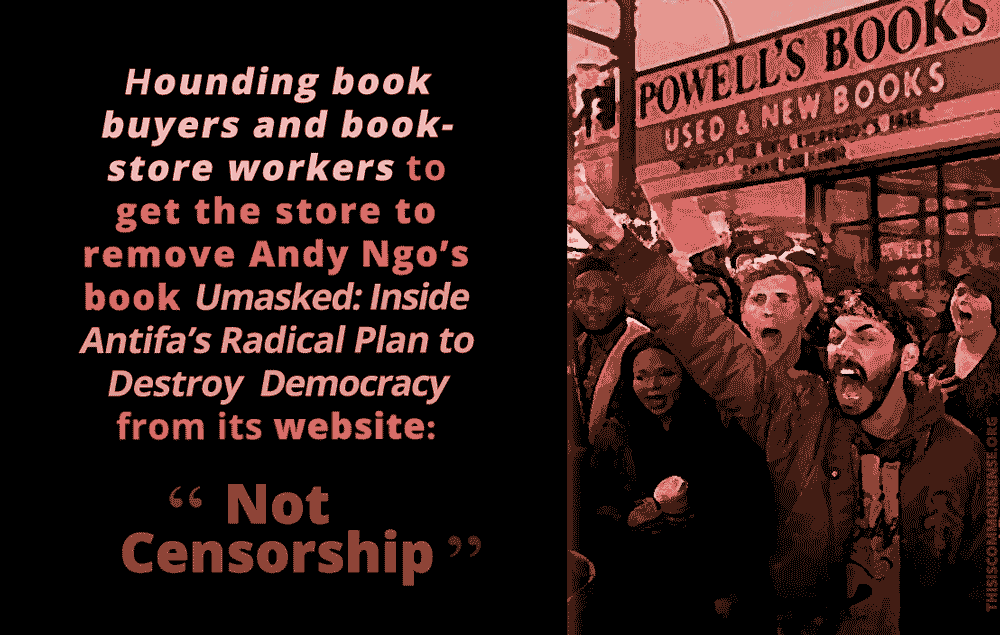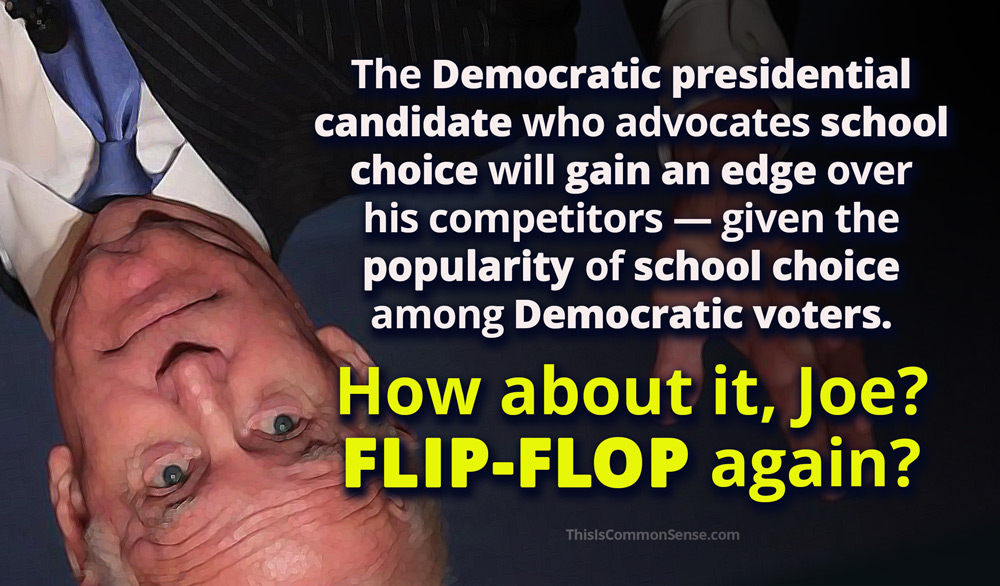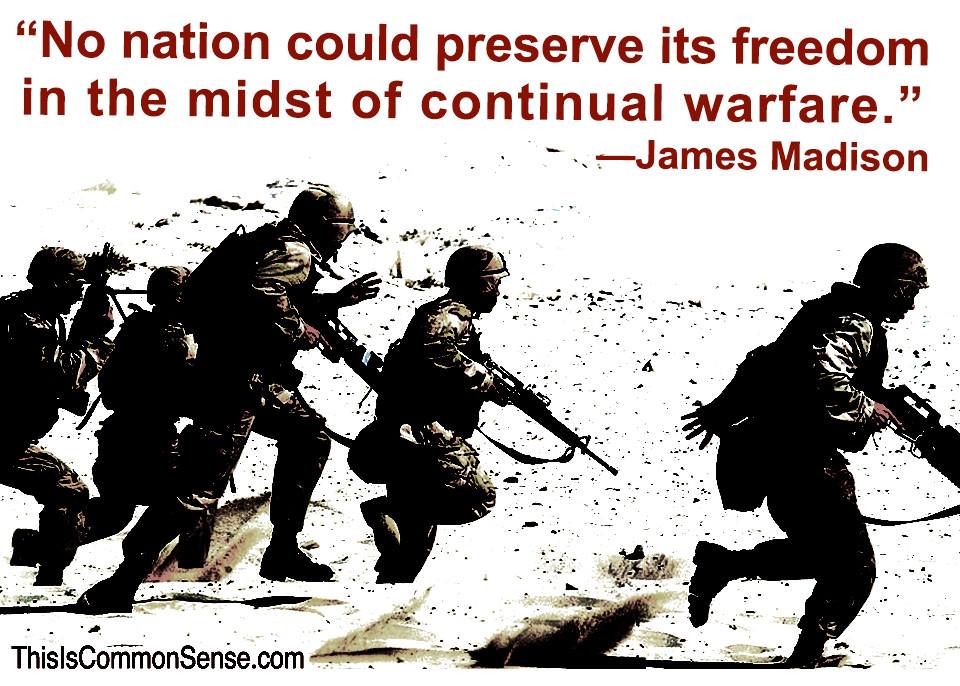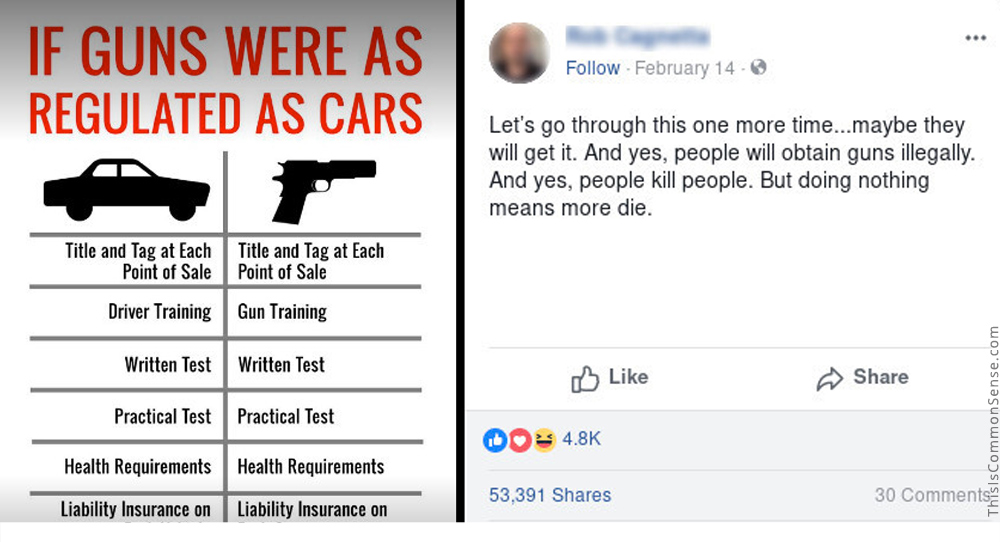For days on end, outside of Powell’s Books in Portland, Oregon, antifa protesters hounded book buyers and bookstore workers. These activists were on a mission: to get the store to expunge Andy Ngo’s book Unmasked: Inside Antifa’s Radical Plan to Destroy Democracy, from its website offerings.
“We have to show up every day until they stop selling that f—king book,” one activist said, comparing her effort to “stopping the historical publication of Hitler’s Mein Kampf.”
As the story in FEE makes clear, the store had already banished it from the block-sized building itself. But management has so far refused to de-list it from its website.
Meanwhile, Democrats (or at least the leftists at Salon) have been dubbing attempts by legislators and school boards to get rid of Critical Race Theory and similar woke nonsense from their curricula as “censorship.”
Here’s the muddle: as mobs play censor to a privately owned book company, leftists pretend that public input into the revision of curricula in taxpayer-funded, government-run schools is worse.
There are Jewish, Christian and Muslim schools near where I live. I have absolutely no say about what they teach their students; if I demanded that they conform to my standards, my demand would (depending on threat level) constitute censorship.
But if I’m taxed to support a school, and the school is constitutionally run as democratically controlled, my “voice” on the matter of curriculum is not in any way censorship — even if educators “professionally” disagree with my position.
Forcing someone else’s reading decisions is censorship; determining your own (or your children’s) is not.
This is Common Sense. I’m Paul Jacob.
—
See all recent commentary
(simplified and organized)






